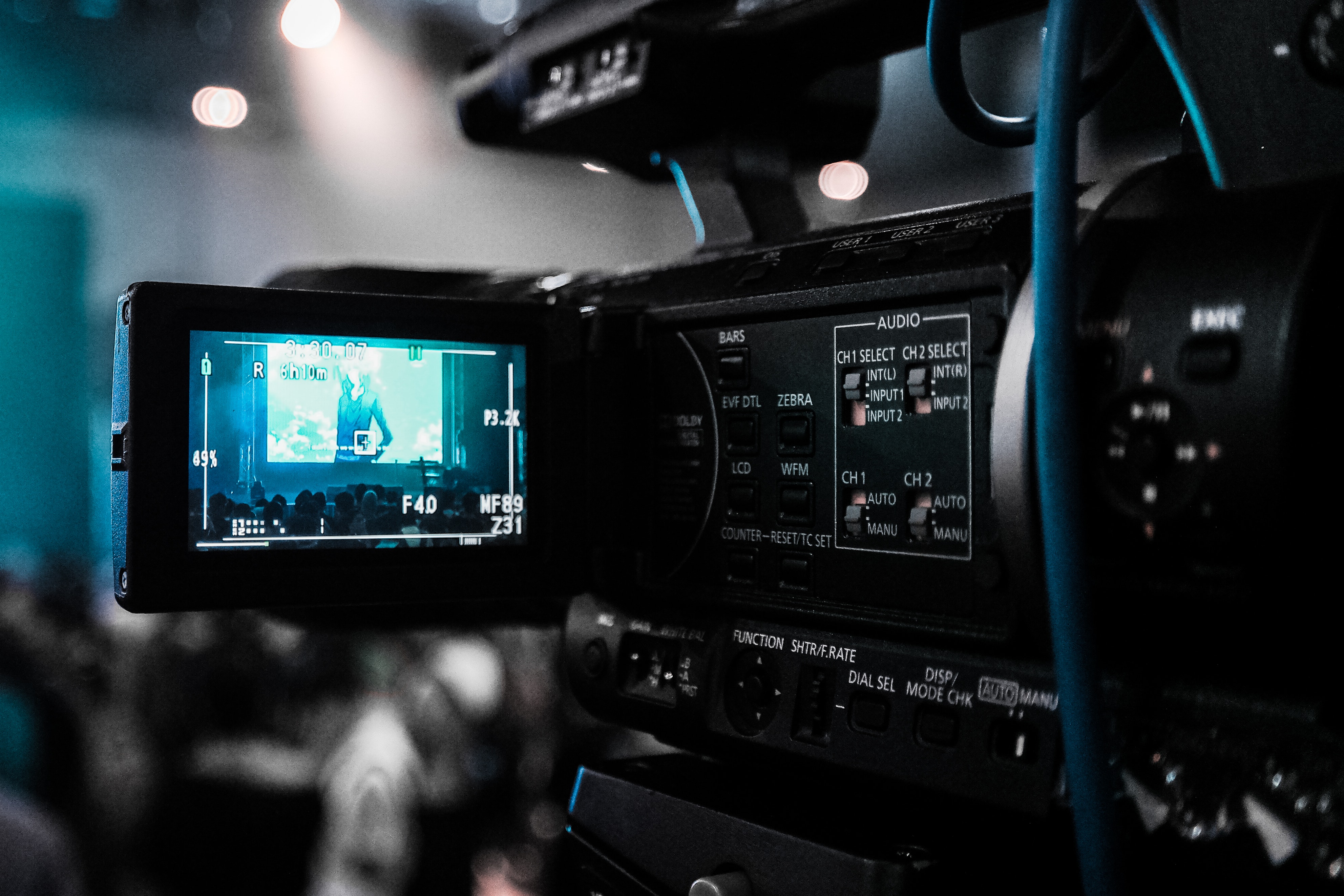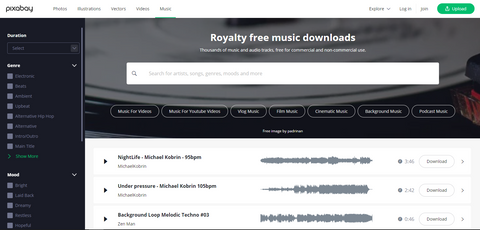In the digital realm where information flows freely, navigating the complex terrain of copyright laws is essential for both content creators and users.
Copyright disclaimers serve as crucial tools in asserting ownership and guiding the appropriate use of intellectual property. In this article, we'll explore how copyright disclaimers can be effectively utilized by both copyright holders and users, along with their benefits and limitations.
1. How to Use a Copyright Disclaimer as a Copyright Holder:
- As a copyright holder, incorporating a copyright disclaimer involves explicitly stating your ownership of the content and outlining the terms of its use. This can be done by including a statement such as "© [Year] [Your Name]. All rights reserved." Additionally, you can specify permissible uses, restrictions, and conditions for using the content.
2. The Benefits of Using a Copyright Disclaimer as the Copyright Holder:
- Asserting Ownership: A copyright disclaimer clarifies your rights over the content, deterring unauthorized use and potential infringement.
- Providing Guidance: By outlining usage guidelines, you can inform users about how they can interact with your content while respecting your rights.
- Preserving Integrity: Setting conditions for usage helps maintain the integrity of your work and prevents misrepresentation or misuse.
3. The Limits of Using a Copyright Disclaimer as the Copyright Holder:
- Limited Legal Protection: While copyright disclaimers reinforce ownership, they may not offer robust legal protection against infringement. Additional evidence, such as copyright registration or documentation of infringement instances, may be required for legal recourse.
4. How to Use a Copyright Disclaimer When You Are Not a Copyright Holder:
- If you're not the copyright holder but want to use copyrighted material, including a copyright disclaimer can help provide proper attribution and citation to the original source. For example, you can include a statement like "This content is used under fair use for educational purposes, and the copyright belongs to [Copyright Holder's Name]."
5. The Benefits of Using a Copyright Disclaimer When You Are Not the Copyright Holder:
- Providing Attribution: Including a copyright disclaimer demonstrates respect for the original creator's rights by acknowledging their ownership.
- Avoiding Misrepresentation: Proper attribution helps prevent misrepresentation of the content and ensures transparency in its usage.
6. The Limits of Using a Copyright Disclaimer When You Are Not the Copyright Holder:
- Limited Legal Protection: While including a copyright disclaimer and providing attribution demonstrates a level of respect for the original creator's rights, it's essential to recognize that the copyright holder retains ultimate control over their intellectual property. Merely acknowledging ownership does not grant individuals the right to use copyrighted material without explicit permission.
- The copyright holder maintains the exclusive right to decide how their copyrighted material is used, including whether to grant licenses or permissions for its usage. While non-copyright holders may approach the copyright holder for a license or permission to use the content, the copyright holder is under no obligation to grant such requests.
- Therefore, including a copyright disclaimer as a non-copyright holder does not automatically absolve individuals from copyright infringement liability. Even if the usage is accompanied by attribution and acknowledgment of ownership, unauthorized usage may still constitute infringement. Obtaining proper authorization from the copyright holder through licensing agreements or permissions is essential to ensure compliance with copyright laws and avoid legal repercussions.
Copyright disclaimers are valuable tools for both copyright holders and users in navigating the complexities of intellectual property rights. However, it's essential to recognize their limitations and understand that they may not offer complete legal immunity. Respecting copyright laws, obtaining proper permissions, and adhering to usage guidelines remain crucial for fostering a culture of ethical content creation and consumption in the digital age.









































